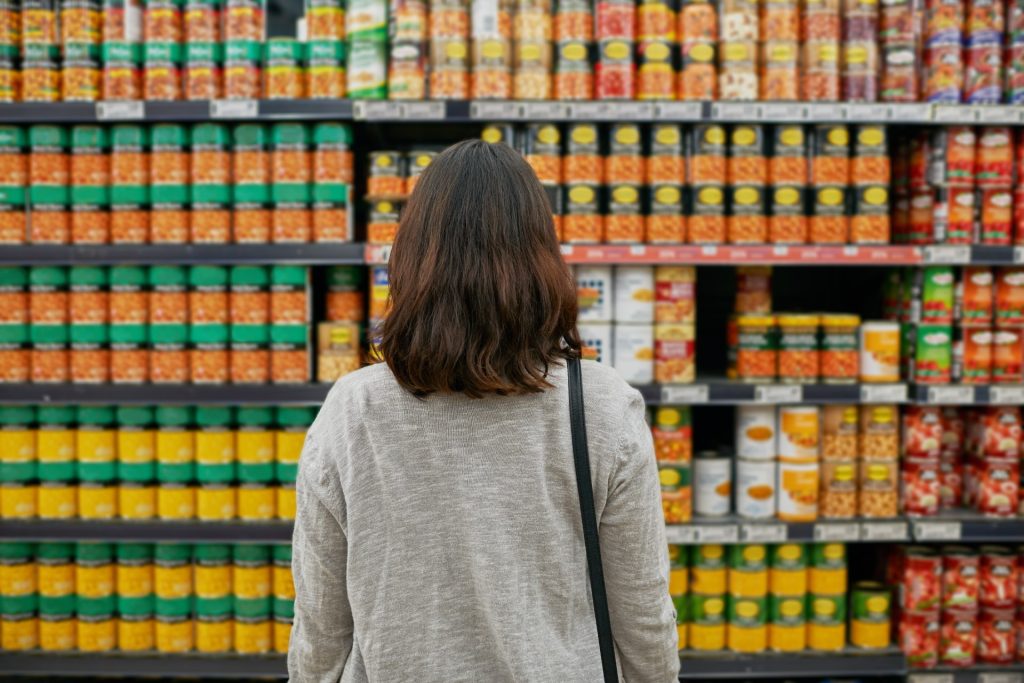Many people have started prepping.
Others are reading now
With more people getting into prepping, the question of what to stock for long-term survival has become crucial.
So, what should you add to your shopping list if you want your doomsday supplies to last as long as possible?
What Determines Shelf Life?
Canned food is preserved by hermetically sealing it and heat-treating it at 110–130°C. This process kills microorganisms and enzymes that cause spoilage. While it significantly extends the food’s shelf life, it doesn’t make it last forever, the United States Department of Agriculture (USDA) reports.
Also read
Shelf life largely depends on the type of food inside the can:
-
High-acidity foods, like tomatoes and fruits, usually last 1–2 years.
-
Low-acidity foods, like vegetables, beans, and meats, can last 2–5 years, according to the USDA.
Acidity plays a big role in shelf life. Over time, acidic foods can react with the metal inside the can, potentially causing off-flavors or even harmful substances.
How to Store Canned Food
Proper storage can extend the life of canned food.
Keep cans in a cool, dry place with consistent temperatures to protect both the contents and the can itself. Avoid exposing cans to moisture or temperature fluctuations, which can lead to rust or dents—both of which can compromise the food inside.
If a can looks damaged, rusty, or swollen, it’s safer to discard it. For cans that look fine, even past their expiration date, check the smell, consistency, and overall condition of the contents before eating.
Shelf Life of Common Canned Foods
-
Fruits (e.g., pineapples, peaches): 1–1.5 years
-
Canned tomatoes: 1–2 years
-
Vegetables and beans: 2–5 years
-
Meat products: 2–5 years
Canned food is a reliable choice for long-term storage, but proper storage and awareness of expiration dates are key to making the most of your supplies.
When in doubt, check the can and contents carefully before consuming.


